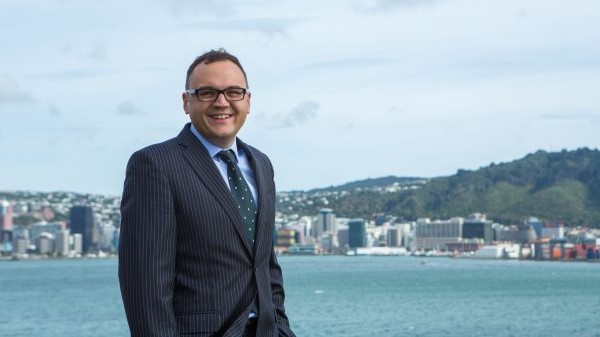
Many people felt political change would occur for New Zealand at our General Election in October of this year. However, the year got off to an interesting start when Jacinda Ardern announced that she was stepping down, to be replaced by Chris Hipkins. There is no doubt this will shake things up and allow the Government to reset some of its priorities. Things are likely to be more competitive between the major parties for the rest of the year leading up to election day. Transporting New Zealand will continue to draw political attention and focus on those key areas that impact the businesses and interests of transport operators.
No matter who wins this year’s election, they will have their work cut out for them. In many ways, the environment facing road transport operators has worsened over the past few years. Some problems are relatively new while others (like road maintenance) have been decades in the making – and political parties unable or unwilling to make some of the decisive changes needed.
The new prime minister will face one of his biggest economic challenges almost immediately, with the road user charge discount ending this month and petrol and public transport discounts due to end in March.
Road user charges will increase by a whopping 36 per cent. Transporting New Zealand has calculated that a 45 plus tonne truck and trailer traveling 100,000 km per year will pay additional $21,000 approx. These increased costs will push up the price of everything a truck carries, which is almost everything! Unfortunately, that will have a real impact on Kiwi families. Data from Waka Kotahi shows that freight costs can make up more than 12% of the cost of groceries alone.
New Zealand is not immune to international events and another one this month also has the potential to impact prices: The European Union, G7, and Australia will impose aggressive sanctions on Russian fuel exports, in response to Russia’s invasion of Ukraine. This is expected to cause significant logistical disruptions to the international fuel supply chain and drive diesel prices higher.
So, what’s the answer? Transporting New Zealand has been reiterating its call for the Government to maintain RUC, fuel excise and public transportation discounts until the CPI increases falls below 6%. Now is not the time for the Government to increase costs on households and businesses.
The state of our roads is the other ongoing challenge for Prime Minister Hipkins and whatever party is in power next year. Some of our state highways are in an appalling condition as evidenced by the record number of complaints about potholes. Our roads demand urgent action.
Blaming the weather alone is not good enough. Yes, we have had extreme weather events – and with climate change we can expect to see more of them and for them to become more severe – but that just highlights how we need to be better prepared and to build more resilient, high-quality roads.
It’s worth mentioning that roading can be a vote winner. In the US, Michigan’s state governor, Gretchen Whitmer, a Democrat (touted as a possible future presidential candidate) won in 2018 with the slogan, “Fix the Damn Roads!” Sadly, you would never hear a centre-left politician in New Zealand utter this, let alone use it as a political slogan.
It’s not just about maintenance, though. We also need the Government to recommit to new roading capacity to ease the strain on our existing network. While some new state highways, such as Transmission Gully and parts of the Waikato Expressway have been opened, this government has initiated no new highway projects.
It’s time for the Government to indicate a change in direction, to become pro and not anti-road and anti-truck. Transport Minister Michael Wood was wrong to blame 50MAX trucks for potholes – peer-reviewed studies on Waka Kotahi’s own website confirm that 50MAX trucks have no more impact on pavement than a standard Class 1 vehicle, due to their additional axle configuration. Smoother, high-capacity roads are safer, keep the economy flowing, and are better for the environment since they reduce congestion and increase fuel efficiency.
The Government also needs to move away from its current narrow focus on speed as the main cause of New Zealand’s unacceptably high road toll. Of course, safety is paramount and everybody wants to come home from their workplace. While we support the overall aim of the Government’s Road to Zero strategy, it is clear it hasn’t been working. Lowering the speed limits on state highways will slow down tens of thousands of trucks that travel these routes every day, make the freight task harder, and slow down productivity.
General driver competency and training will also make a positive difference to safety. Speed is an issue, certainly, but it is only one issue and part of a more complex whole.
We need the trucking industry, as the very important good cholesterol of New Zealand, to be as efficient as possible. Because 93 per cent of the nation’s freight is carried on the back of a truck, the Government needs to acknowledge that our industry plays a vital role in the economic wellbeing of NZ, Inc. – and supporting it is in everybody’s best interests.
As always, you can email me: nick@transporting.nz or call 021 248 2175
- By Nick Leggett is chief executive of Ia Ara Aotearoa Transporting New Zealand.





